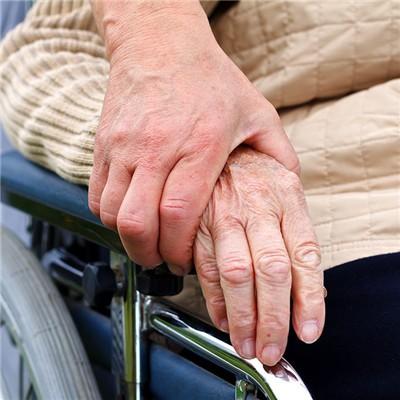Three main causes of headache caused by hypertension? Tension headache
summary
When the seasons change, the weather is changeable. The blood pressure of patients with hypertension often fluctuates with the change of temperature, which leads to headache. Headache is a common symptom of patients with high blood pressure, which can be induced by a variety of reasons. Sometimes it is caused by high blood pressure itself; sometimes it is caused by excessive mental tension; more seriously, it may also be a precursor of stroke. Therefore, experts pointed out that the location, nature and degree of headache in patients with hypertension are related to the age of patients and the different stages and degrees of development of hypertension. Three main causes of headache caused by hypertension? Let's talk about it.
Three main causes of headache caused by hypertension? Tension headache
First, tension headache often occurs in the early stage of hypertension, blood pressure fluctuations in 130-140 / 85-90mmhg in patients, mostly young people, and headache is mostly limited to one side or both sides of the front and back of the head. This situation is often caused by the patient's long-term mental stress, or sudden strong stimulation, blow, etc., accompanied by headache at the same time of high blood pressure. This headache in patients with antihypertensive drugs, and blood pressure to normal will be significantly reduced or disappeared.

Second, the patients with total headache whose blood pressure fluctuates between 140-160 / 90-100mmhg are mostly middle-aged and old people. The headache can spread from the neck and occipital part to the anterior head, orbit and temple. The headache is mostly pulsatile pain, often severe. Most of the patients whose blood pressure fluctuated between 160-190 / 95-120 mmHg were the elderly. Headache is often a total headache, not severe, often accompanied by dizziness, vertigo, heavy head, tinnitus or tinnitus, etc.

Third: stroke patients with blood pressure fluctuation between 160-190 / 95-120 mmHg are often accompanied by diabetes, coronary artery disease, hyperlipidemia and other diseases. When the patient's blood pressure rises suddenly, there are often symptoms such as blurred consciousness, convulsions, headache, severe vomiting, temporary loss of vision and so on.

matters needing attention
The family members of the patients must be alert at this time, which may be the warning of stroke. They must send the patients to the hospital immediately.












